Does ABA Therapy Cause PTSD in Individuals with Autism?
Some recent studies have shown that ABA therapy may have a link to PTSD in individuals with autism- but is this always accurate? How do you know what is best for your child? How can you find the best, safe, care for them? The Oxford Center can help answer some of your questions!
What is ABA Therapy?
ABA stands for Applied Behavior Analysis, which is a scientific approach to understanding and modifying behavior. It is often used in the treatment of autism and other developmental disorders. ABA can also help in educational settings to improve academic performance and social skills. ABA therapy typically involves breaking down complex behaviors into smaller, measurable components. It uses positive reinforcement techniques to teach new skills and improve existing ones. There is a wide range of ABA programs available throughout the country, with many programs operating slightly differently from one another.
Research Study Overview
In 2018, an independent researcher named Henny Kupferstein published a research study titled “Evidence of Increased PTSD Symptoms in Autistics Exposed to Applied Behavior Analysis”. This study sent an online questionnaire to 460 respondents to measure the connection of PTSD symptoms with adults and children exposed to applied behavior analysis (ABA) therapy in early childhood intervention. According to this study, “Nearly half (46 percent) of the ABA-exposed respondents met the diagnostic threshold for PTSD, and extreme levels of severity were recorded in 47 percent of the affected subgroup” (Kupferstein 2018). The type of ABA therapy used in the study were programs that force eye contact, punish self-stimulating behaviors (stimming), and force participants to work at tables without alternative seating for hours. These programs use both reinforcement and punishment procedures as a way to modify behavior.
Limitations in the Study
This study includes an account of the limitations of the research. The study acknowledges a disproportionate amount of female versus male responders. Kupferstein also writes “These accompanied significant discrepancies in reporting bias between caregivers and ABA-exposed individuals, which highlight the need for the inclusion of the adult autistic voice in future intervention design” (2018).
This study fails to note the dependency on the type of ABA program being described. ABA programs that use punishment methods, force eye contact, provide no appropriate stimulation, etc. are bound to be unsuccessful and psychologically damaging for children with autism and other developmental disorders. The quality of care given to our children matters, always. This study fails to survey respondents who attended a high-quality ABA program that does NOT use punishment and other harmful methods. The research in this study is not accurate or complete for all ABA programs.
What The Oxford Center Offers

Programs at The Oxford Center are different from the programs in the study. Our ABA program provides the highest-quality care and attention for your children. At The Oxford Center, our synergistic approach to autism is unlike any other ABA center. We provide center-based ABA services and other beneficial therapies like occupational therapy, speech therapy, physical therapy, art classes, music classes and more. We use natural environment teaching (NET) and offer the best facility in the country for NET. NET allows children to learn and grow in a real-life, simulated environment which is extremely important for a child with autism.
The Oxford Center offers The Village of TOC, the only facility of its kind in the US. This is the best location in the country for natural environment teaching. The Village features indoor sidewalks, streetlights, crosswalks, grass, park benches, and roads. Twelve fully functioning retail stores, including a dentist office, hair salon, coffee shop, grocery store, and more, surround our park setting. Our features at The Village of TOC allow individuals to learn in a safe and controlled natural environment. Our ABA program uses NET to teach real-life skills while in a simulated real-life environment. We reward with play to improve social skills all while working to ensure goals. In our park setting, children are able to ride bikes and scooters around the indoor roads to boost engagement.
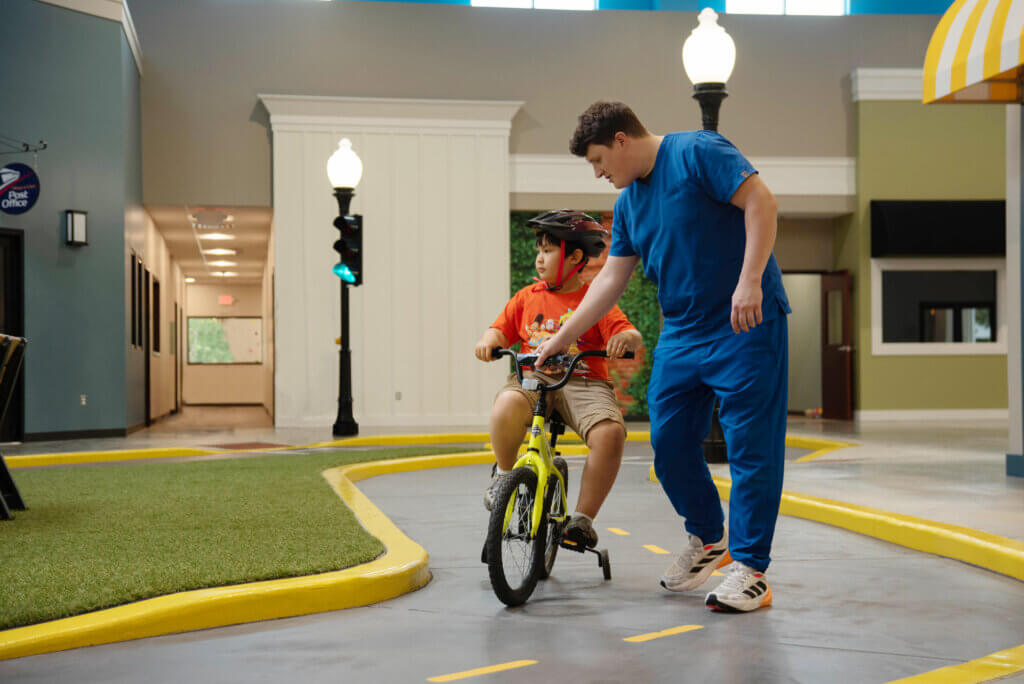
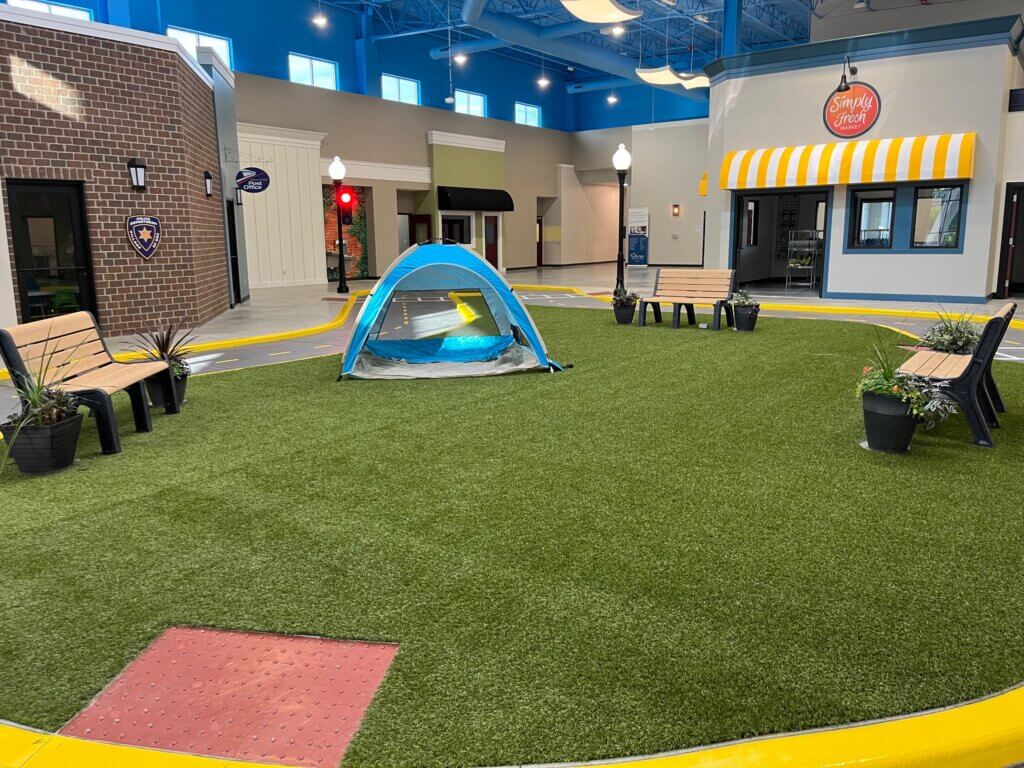
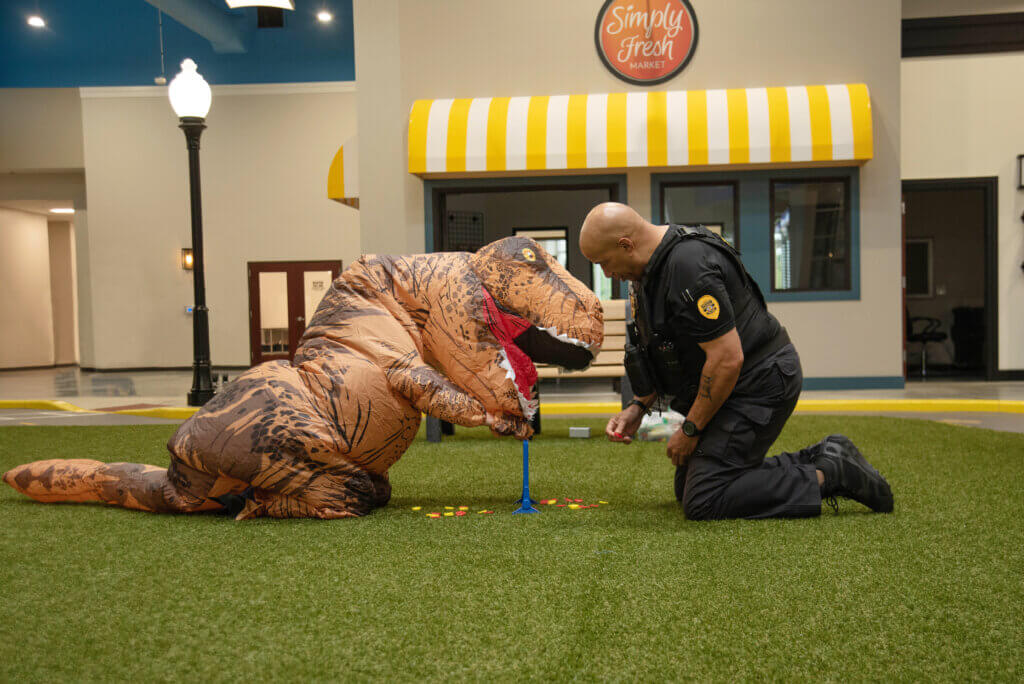
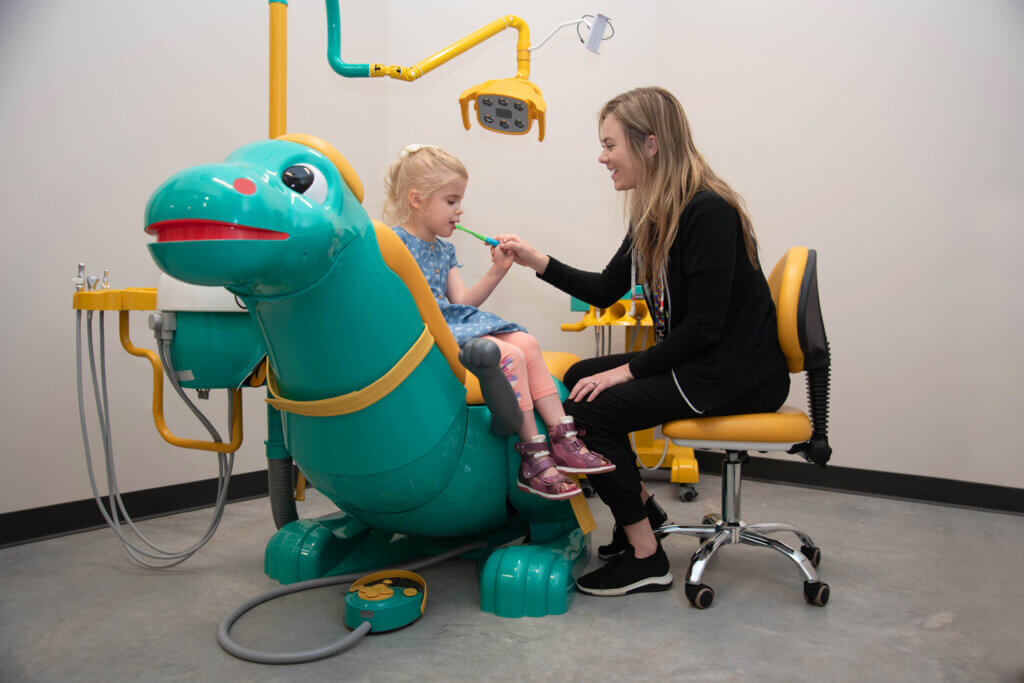
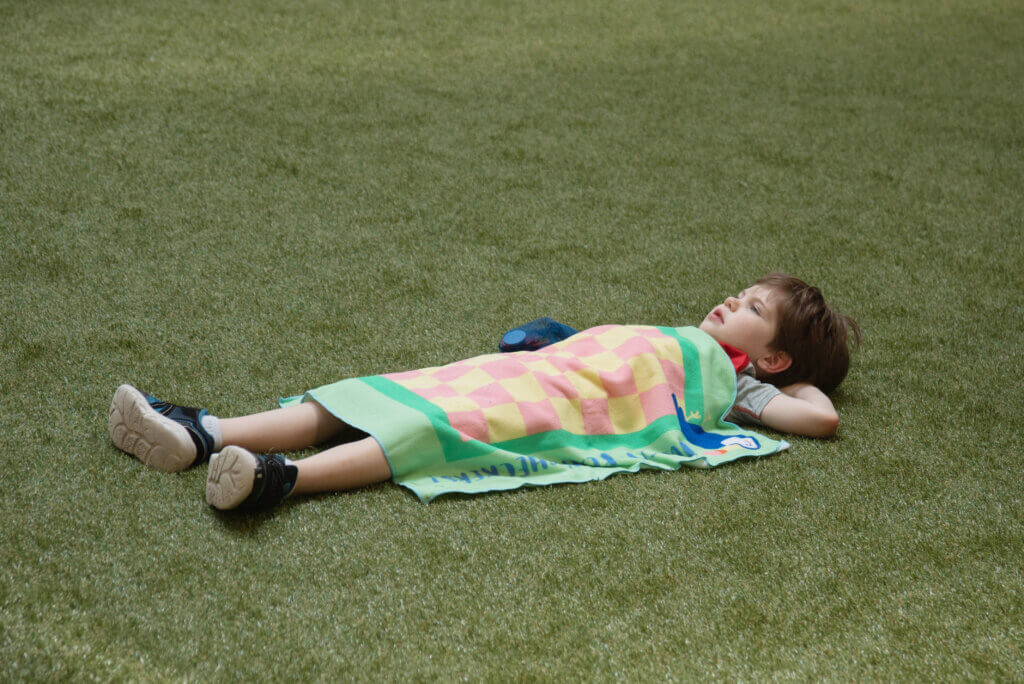
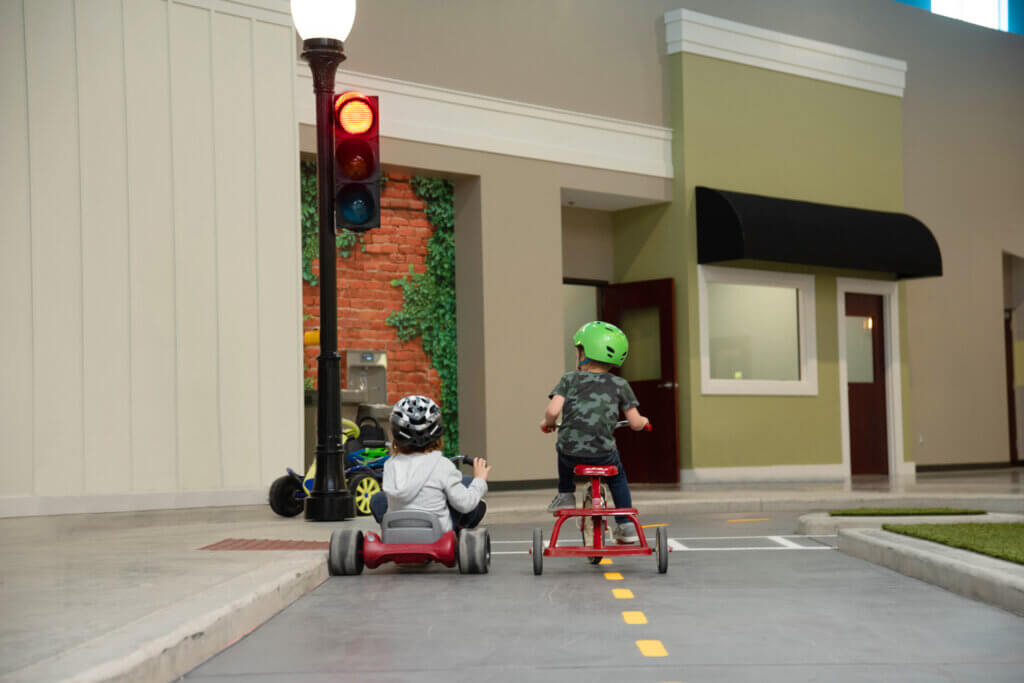
The Oxford Center Difference
At The Oxford Center, we always put the needs of our children first. We promote skill acquisition with natural teaching techniques and incorporate physical activity and music to teach skills. Our ABA program encourages attending skills only to the point that allows the child to function successfully across their environments. We promote pivotal response theory, which is a child-directed reinforcement procedure that uses individual interests to reinforce positive behavior. Our program does NOT use any type of punishment procedure… EVER. We seek to create a positive, engaging, and caring environment for our children, always.
Contact our team at The Oxford Center today to discuss the learning possibilities available through our ABA and NET programs. Call us at 248-486-3636 to schedule a no-fee discovery session.
